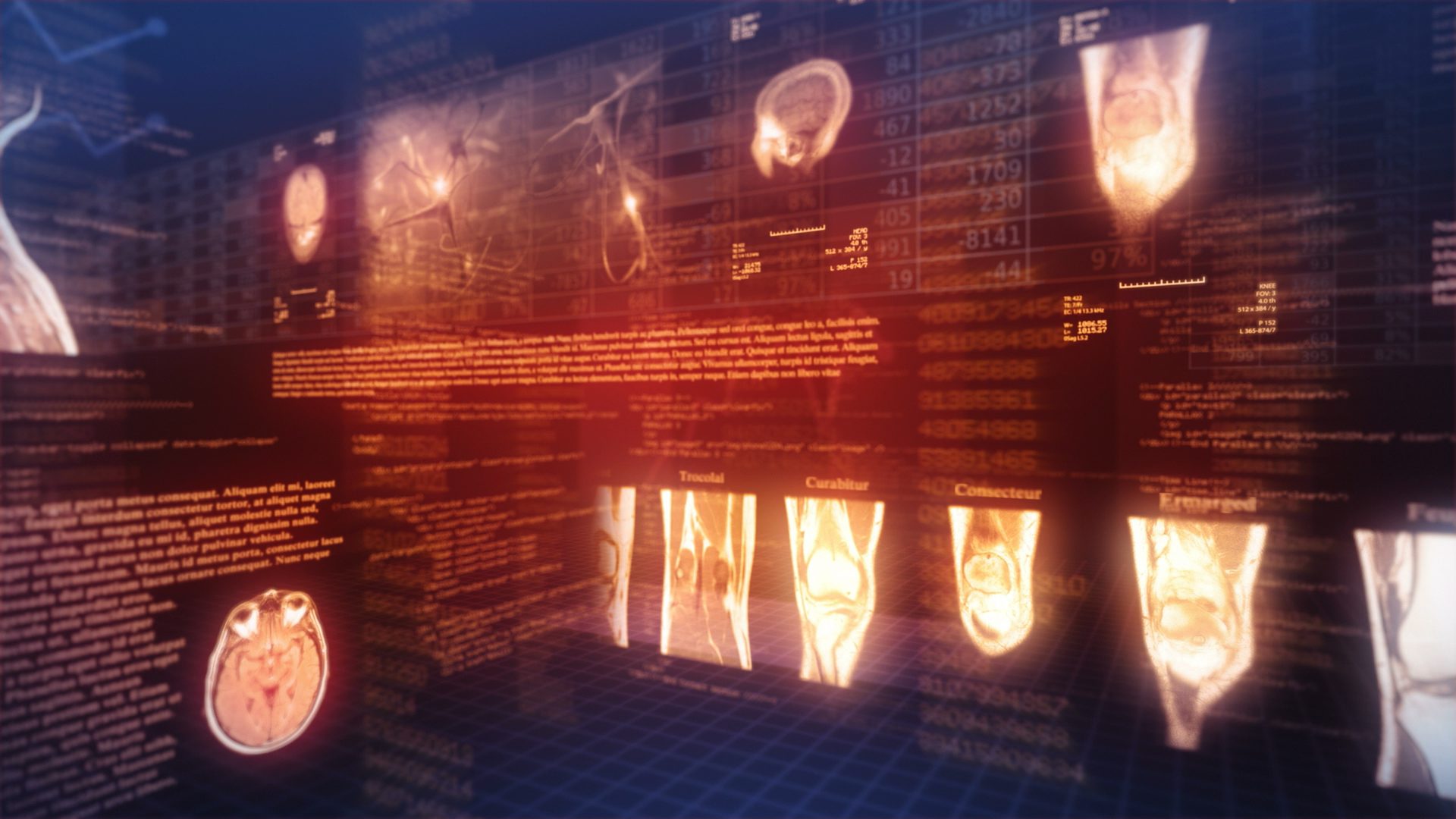Exosomes are small vesicles released by cells that play a key role in intercellular communication. Although they are not like stem cells, they have also been shown to have potential therapeutic benefits for various conditions. One area where exosomes have shown particular promise is in post-injury healing. Exosomes are administered through IV therapy or may be injected directly into the area of concern. Dr. Mark Zhuk, medical director at the Q Institute, and his team have been offering exosome therapy as part of their treatment options for patients. Please click here to inquire about exosome therapy or to book a consult with Dr. Zhuk.

Exosomes and Stem Cells
It is important to note that exosomes are not stem cells, and they do not have the ability to differentiate into different cell types. This is an important distinction, as stem cells can differentiate into a range of different cell types and have been the subject of much research and controversy.
Stem cells are undifferentiated cells that can self-renew. They are found in various tissues in the body, including the bone marrow, blood, and skin. They have the potential to develop into a wide range of cell types, including blood cells, muscle cells, and nerve cells.
Exosomes, on the other hand, are small vesicles that help in intercellular communication. They are small membrane-bound vesicles released by cells and contain a variety of molecules, including proteins, lipids, and RNA.
Moreover, exosomes are involved in several important processes in the body, including regulating the immune system, modulation of cell growth and survival, and transferring genetic material between cells.
Mechanisms of Action
Exosomes have two main mechanisms of action, modulating the immune system and neuroprotective effects. Let’s explore these mechanisms in detail:
- Modulating the Immune System
Exosomes can carry a range of immune-regulatory molecules, including cytokines and microRNAs, which can help to reduce inflammation and promote tissue repair.
They can also stimulate the production of growth factors and extracellular matrix components, which are essential for healing damaged tissues.
- Neuroprotective Effects
Exosomes may also have neuroprotective effects, reducing inflammation and promoting the survival of nerve cells in models of stroke and spinal cord injury. This suggests that exosomes may have the potential as a treatment for neurological injuries and conditions.
Exosomes and Post-Injury Healing
Exosomes have been shown to be effective in the post-injury healing of bones, muscles, and skin. Let’s explore the role exosomes play in post-injury healing in deeper detail:
- Bones
Exosomes help stimulate the production of bone matrix proteins, such as collagen and osteocalcin, which are essential for forming new bone tissue. They have also been shown to promote the differentiation of bone-forming cells, called osteoblasts, and to inhibit the activity of bone-resorbing cells, called osteoclasts.
The mechanisms by which exosomes promote bone healing are not fully understood. Still, they are thought to involve the modulation of the immune system, stimulating growth factors and extracellular matrix components, and promoting cell survival and proliferation.
While using exosomes for bone healing is still in the early stages of research, the results so far are promising and suggest that exosomes may have the potential as a therapeutic option for patients with bone injuries or conditions.
- Muscles
A number of studies have shown that exosomes can stimulate the proliferation and differentiation of muscle stem cells, called satellite cells. These cells are important for muscle repair and regeneration, and their activation is essential for repairing damaged muscle tissue.
Exosomes have also been shown to promote the production of proteins involved in muscle repairs, such as myoglobin and creatine kinase. In addition, they have been shown to reduce muscle atrophy, or wasting, in animal models of muscle disuse or injury.
- Skin
It has been observed that exosomes can stimulate the proliferation and migration of skin cells, called keratinocytes, which are important for the repair of damaged skin tissue. They have also been shown to stimulate the production of collagen and other proteins involved in skin repair.
In addition, exosomes have been shown to have anti-inflammatory effects, which may help to reduce inflammation and accelerate the healing process.
They have also been shown to promote the survival and proliferation of skin cells and stimulate the production of growth factors and extracellular matrix components, which are essential for repairing damaged skin tissue.
Other Potential Uses
Exosomes have also been explored as a potential treatment for a range of other conditions, including cancer, cardiovascular diseases, and diabetes. However, more research is needed to fully understand their therapeutic potential in these areas.
Cancer Therapy
Exosomes have a number of effects that may be relevant to cancer therapy. They have been shown to inhibit the growth and proliferation of cancer cells, induce cancer cell death, and inhibit the formation of blood vessels that supply nutrients to tumors.
Moreover, exosomes have been shown to modulate the immune system and stimulate the production of anti-tumor immune responses.
Cardiovascular Disease
Exosomes have been shown to have a number of effects that may be relevant to the prevention and treatment of cardiovascular disease.
They have been shown to inhibit inflammation, promote the survival and proliferation of cells involved in repairing damaged blood vessels, and modulate the activity of cells in the formation of plaque in the arteries.
Disease
Exosomes may possibly help to mitigate the effects of diabetes. They have been shown to stimulate insulin production, promote the survival and proliferation of insulin-producing cells, and inhibit inflammation in the pancreas.
Despite the promise of exosomes as a therapeutic option, more research is needed to comprehend how they work and whether they are safe to use. Clinical trials are currently underway to further explore the use of exosomes in post-injury healing and other conditions such as cancer or diabetes.
The Takeaway
This new treatment shows promise as a healing mechanism for a range of conditions, including post-injury healing. Under the guidance of experts like Dr. Mark Zhuk and the team at the Q Institute, exosome therapy may become a viable option for patients looking for alternative treatment options. Click here to book your consult today.


